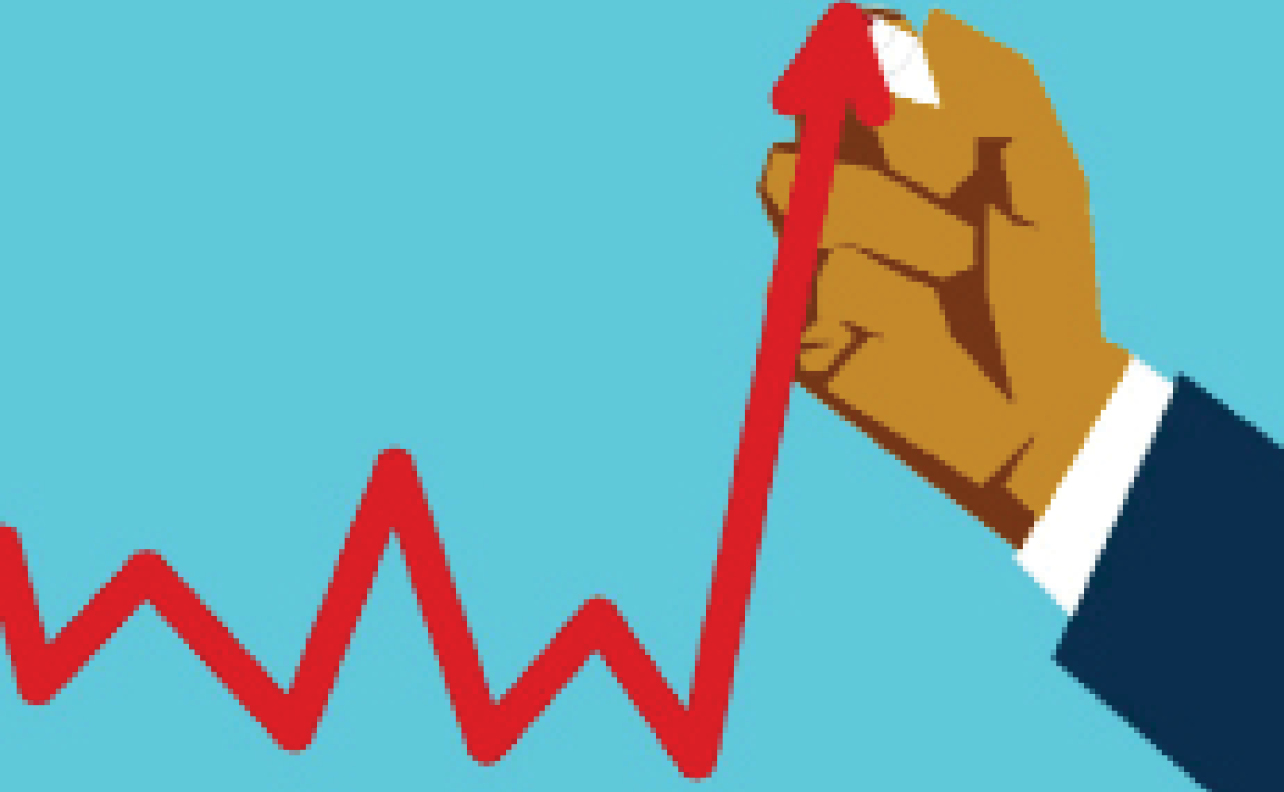Nigeria’s Consumer Price index (CPI), has increased to 20.52 per cent, seven percent short of the current record of 28.20 per cent recorded in 2005, the National Bureau of Statistics (NBS) has shown.
NBS in a report released today said the headline inflation rate which was a 3.52 per cent points higher compared to the rate recorded in August 2021, also reduced when compared to July 2022 by 0.05 percent.
- Osinbajo to represent Nigeria as world leaders invited to Queen Elizabeth’s funeral
- NIGERIA DAILY: Real Reason INEC Delisted Over 1 million New Registrants
It said the increases were caused by rise in prices of bread and cereals, food products like potatoes, yam and other tuber, fish, meat, oil and fat.
It continued that the increase was also due to the, “disruption in the supply of food products, increase in import cost due to the persistent currency depreciation and general increase in the cost of production.”
Meanwhile, it said the decline on a month-on-month basis was due to reduction in prices of some food products due to the harvest season and stability in transportation cost due to availability of fuel.
It said food inflation rate was 23.12 per cent on a year-on-year basis, which was 2.82 per cent higher compared to the rate recorded in August 2021 (20.30 per cent).
While on a month-on-month basis, the food inflation rate in August was 1.98 per cent, a 0.07 per cent decline compared to the rate recorded in July 2022 (2.04 per cent).
“This decline is attributed to reduction in prices of some food items like tubers, Garri, local rice and vegetables.”
Meanwhile, the report stated that on a year-on-year basis, urban inflation rate was 20.95 per cent, a 3.36 per cent higher compared to 17.59 per cent recorded in August 2021; while rural inflation rate was 3.69 per cent higher compared to 16.43 per cent recorded in August 2021.

 Join Daily Trust WhatsApp Community For Quick Access To News and Happenings Around You.
Join Daily Trust WhatsApp Community For Quick Access To News and Happenings Around You.


